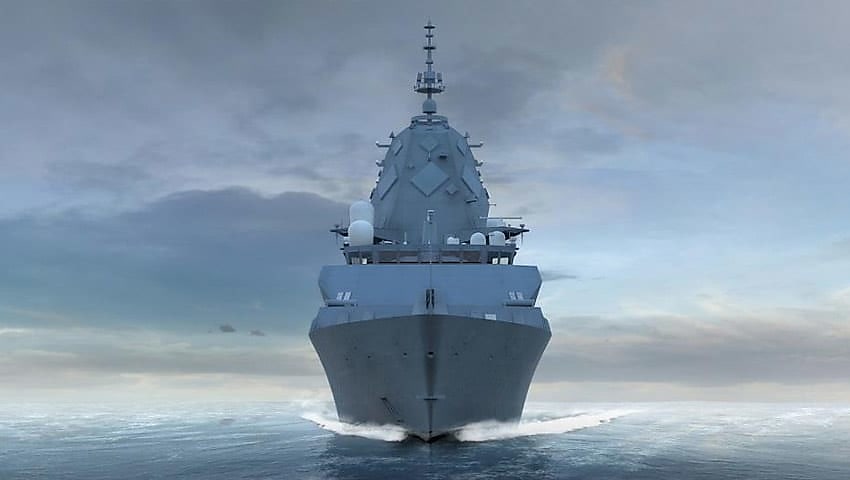BAE Systems’ Global Access Program (GAP) has unveiled its new Industry Capability Network (ICN) portal for Australian SMEs, which now offers further training opportunities and masterclasses.
To continue reading the rest of this article, please log in.
Create free account to get unlimited news articles and more!
The portal will increase digital connectivity for small and medium-sized enterprises directly with members of the Global Access Program team, expediting pre-qualification processes to ascertain readiness to engage across BAE Systems’ global supply chain.
The GAP will also be providing additional awareness training in the areas of security, export controls and supplier quality assurance. This training is designed to provide SMEs with an increased knowledge of how to be successful in supplying to BAE Systems Australia and its global supply eco-system.
This also applies to existing BAE Systems supply chain partners and those seeking to offer products or services in the future.
GAP manager Tony Martin said, "There are significant opportunities for Australian industry in the BAE Systems global supply chain."
Around 150 people representing Australian SMEs have already completed the estimating and pricing fundamentals training. This course provided key insights into how businesses can increase competitiveness in their bids by challenging an existing cost base and adding robustness to bids to ensure they stand up to investigation – all designed to achieve an increased probability of winning.
"Now more than ever, it is important that we look for ways to increase economic growth and prosperity and we can do this through exporting Australian made products and technologies," Martin added.
Off the back of its success, a two-day masterclass course is also available, which delves deeper into detailed risk and opportunity concepts, greater awareness and practical application of variation on price techniques as well as methodologies across various contracting models and further explores evaluation of supplier quotations.
BAE Systems Australia has been a member of the global supply chain program since 2012, and has facilitated more than $65 million worth of contracts for Australian industry.
Suppliers across Australia are encouraged to use this BAESystemsGAP.icn.org.au to register their interest in participating in defence projects and to highlight their unique capabilities, credibility and export ambitions.
In June 2018, the Commonwealth government announced BAE Systems Australia as the successful tenderer for the $35 billion SEA 5000 Future Frigate program.
The nine Hunter Class frigates will be based on the BAE Systems Type 26 Global Combat Ship currently under construction for the Royal Navy and will replace the eight Anzac Class frigates when they enter service beginning in the late 2020s.
The Hunter Class is billed as an anti-submarine warfare (ASW) centric vessel delivering an advanced ASW capability to the Royal Australian Navy at a time when 50 per cent of the world’s submarines will be operating in the Indo-Pacific region.
BAE Systems Australia announced that it had selected Lockheed Martin Australia and Saab Australia as combat systems integration industry partners, responsible for delivering the Australian designed CEAFAR 2 Active Phased Array Radar, Lockheed Martin designed Aegis combat management system and Saab Australia 9LV tactical interface.
The $35 billion program sees ASC Shipbuilding become a subsidiary of BAE Systems throughout the build process beginning in 2020 at the Osborne Shipyard in South Australia, creating more than 4,000 jobs.
BAE Systems expects the Australian industry content (AIC) for the Hunter Class build will be 65-70 per cent, which will create and secure thousands of jobs for decades.
At the end of the program the Commonwealth will resume complete ownership of ASC Shipbuilding, thereby ensuring the retention in Australia of intellectual property, a highly skilled workforce and the associated equipment.
SEA 5000 is expected to support over 500 Australian businesses who have been pre-qualified to be part of the Hunter Class supply chain, with the Australian steel industry, in particular, benefiting from the 48,000 tonnes of steel required to build the ships.

 Login
Login







